Programs
The Renukiran Welfare Foundation fosters strong bonds among underprivileged children, women, and marginalized sectors through educational, healthcare, and empowerment programs
QUALITY EDUCATION FOR ALL
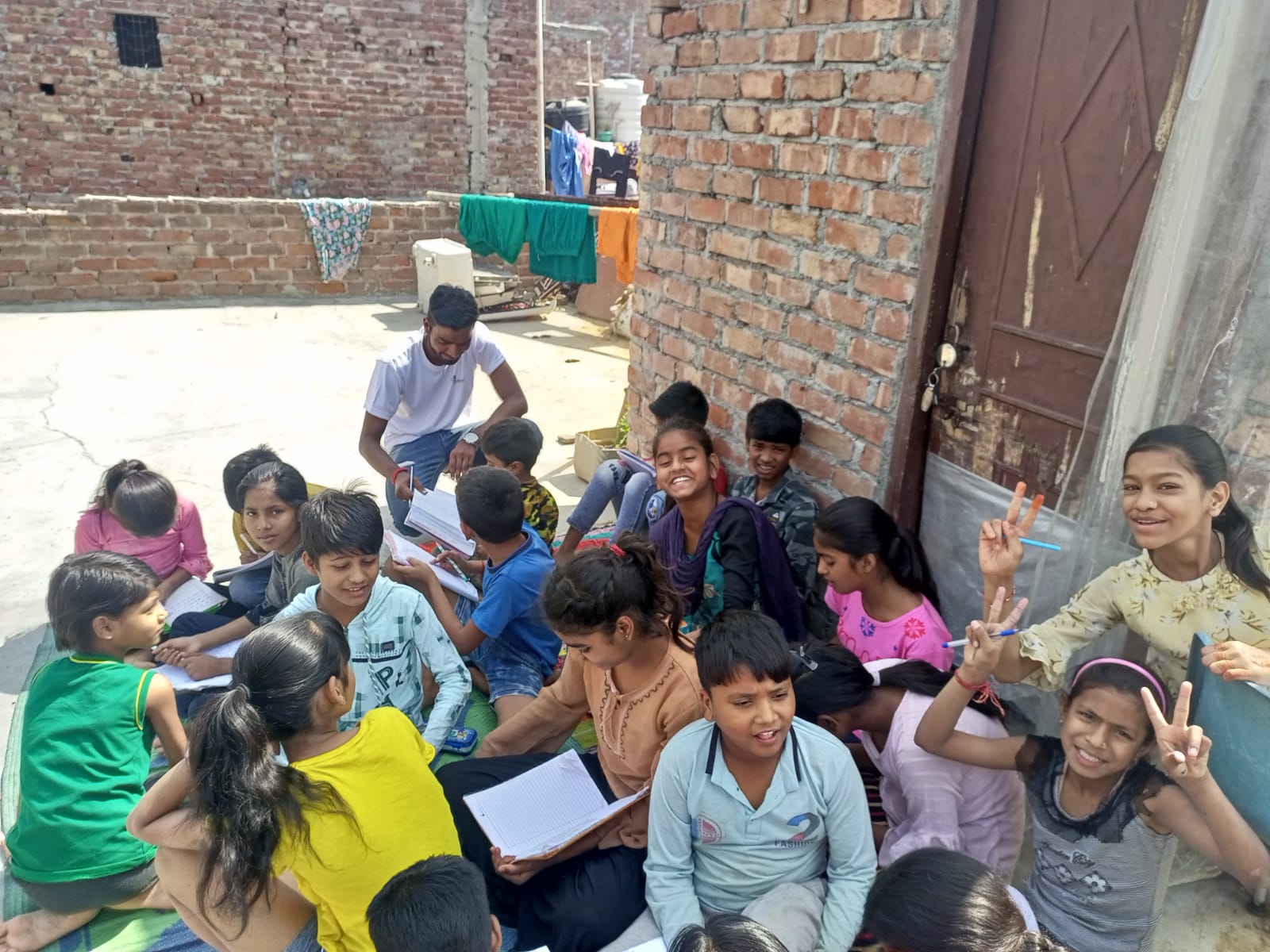
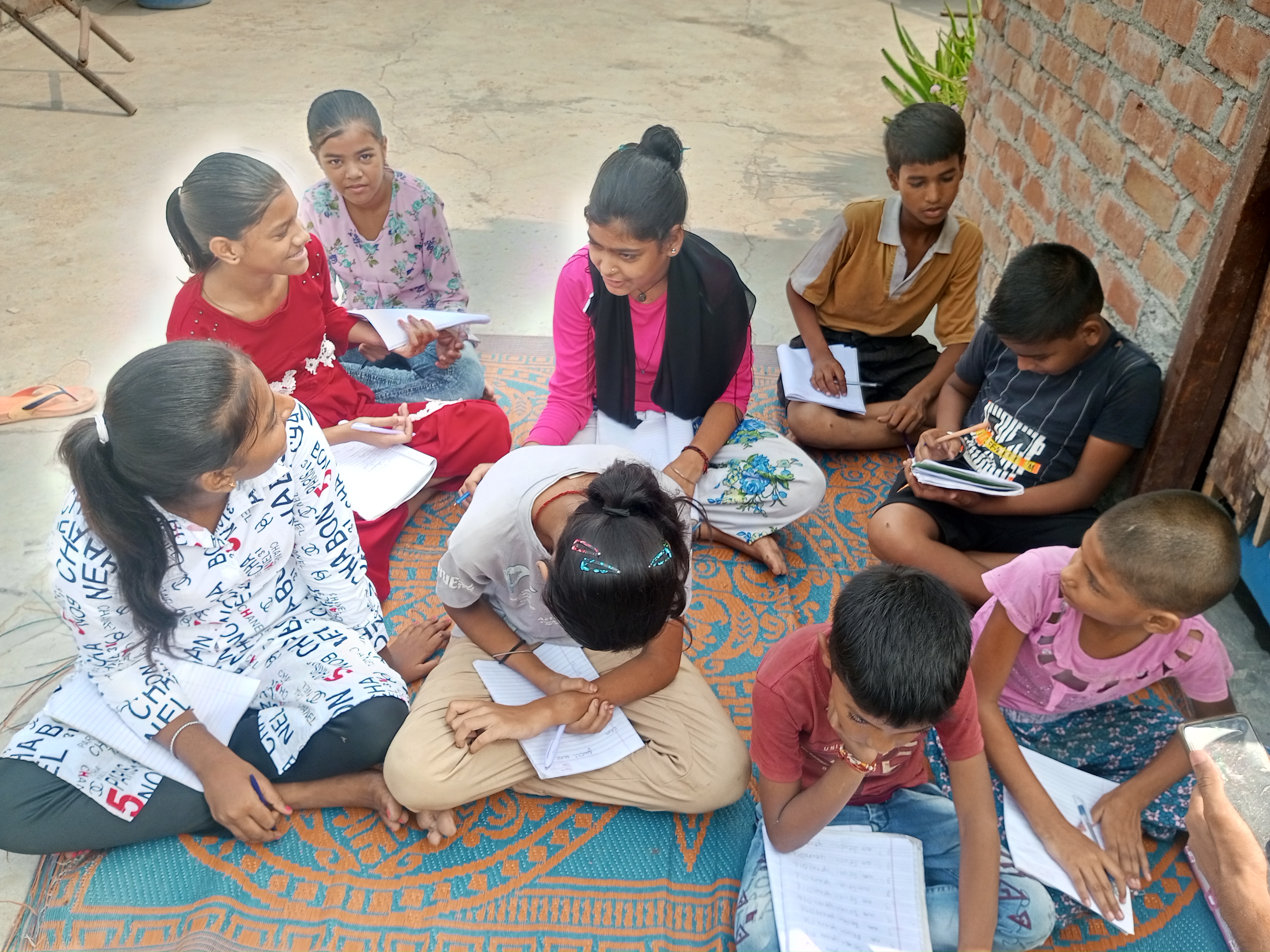
Education is a powerful tool that can break the cycle of poverty and pave the way for a brighter future. However, millions of underprivileged children studying in poor government schools across India face numerous challenges that hinder their educational progress and limit their life opportunities. To ensure that underprivileged children living in slums across India receive access to quality education that empowers them academically, socially, and economically, ultimately breaking the cycle of poverty and providing them with a brighter future. We at Renukiran have taken the oath to build the lives of the bright souls. Our work is pursued through various engagement models as and depending upon the hour of intervention needed.
SKILLING OF COMMUNITIES AND LIVELIHOOD GENERATION
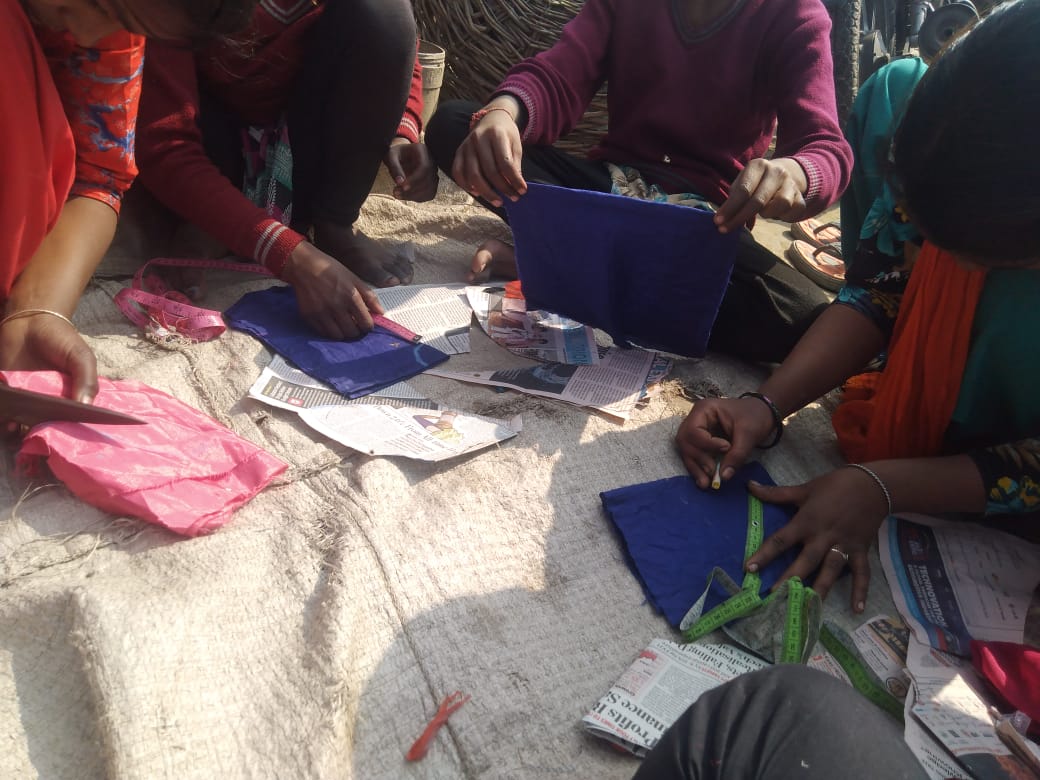
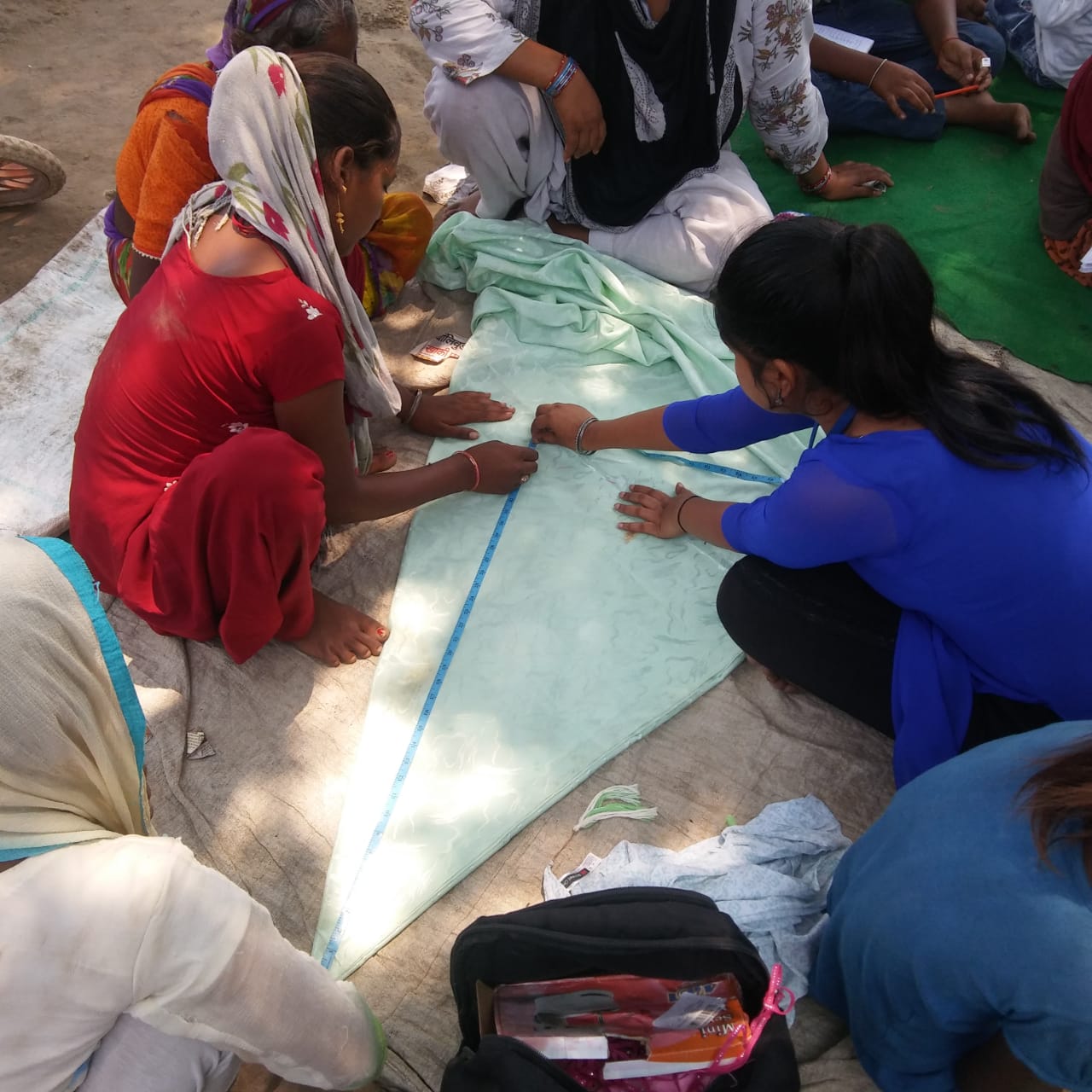
At Renukiran we focus on comprehensive Skill Development Project designed to empower marginalized communities with digital literacy and spoken English skills. In an increasingly digital world, access to these skills is vital for economic empowerment and social inclusion. Marginalized communities often face barriers to accessing quality education and economic opportunities, which perpetuate cycles of poverty and exclusion. By providing training and support to marginalized individuals, we aim to bridge the digital divide and enhance their employability and overall quality of life. Through our project we address these challenges by equipping individuals from marginalized backgrounds with essential skills in digital literacy and spoken English, thereby expanding their access to employment and education.
WOMEN EMPOWERMENT
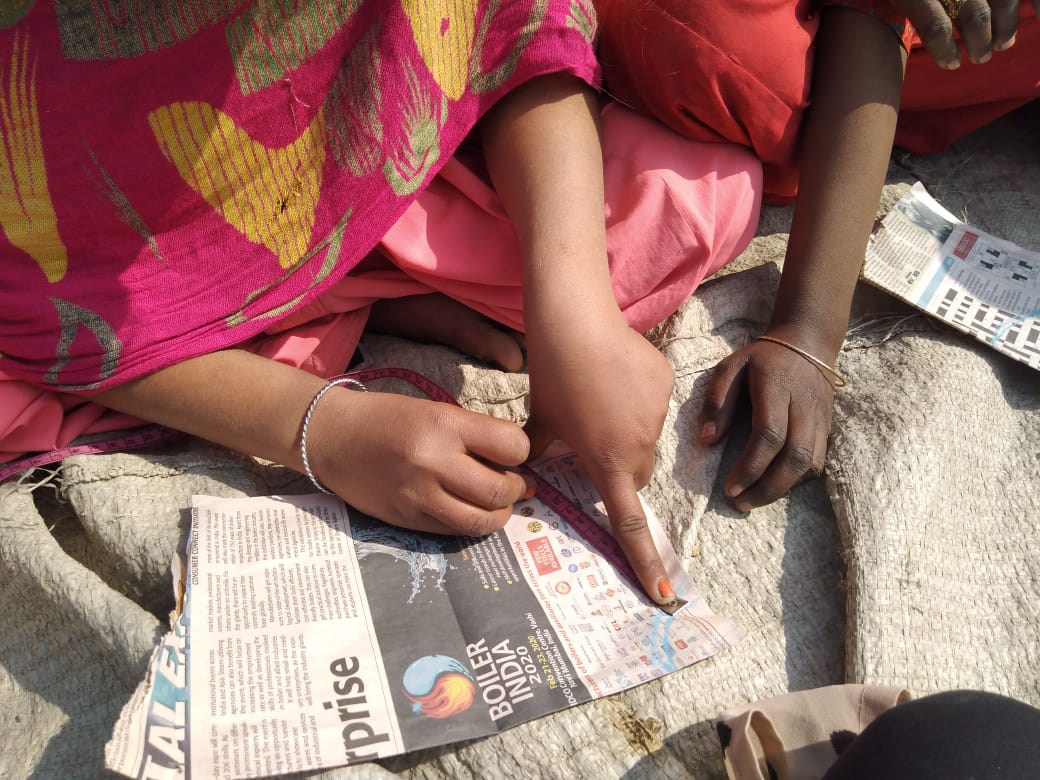
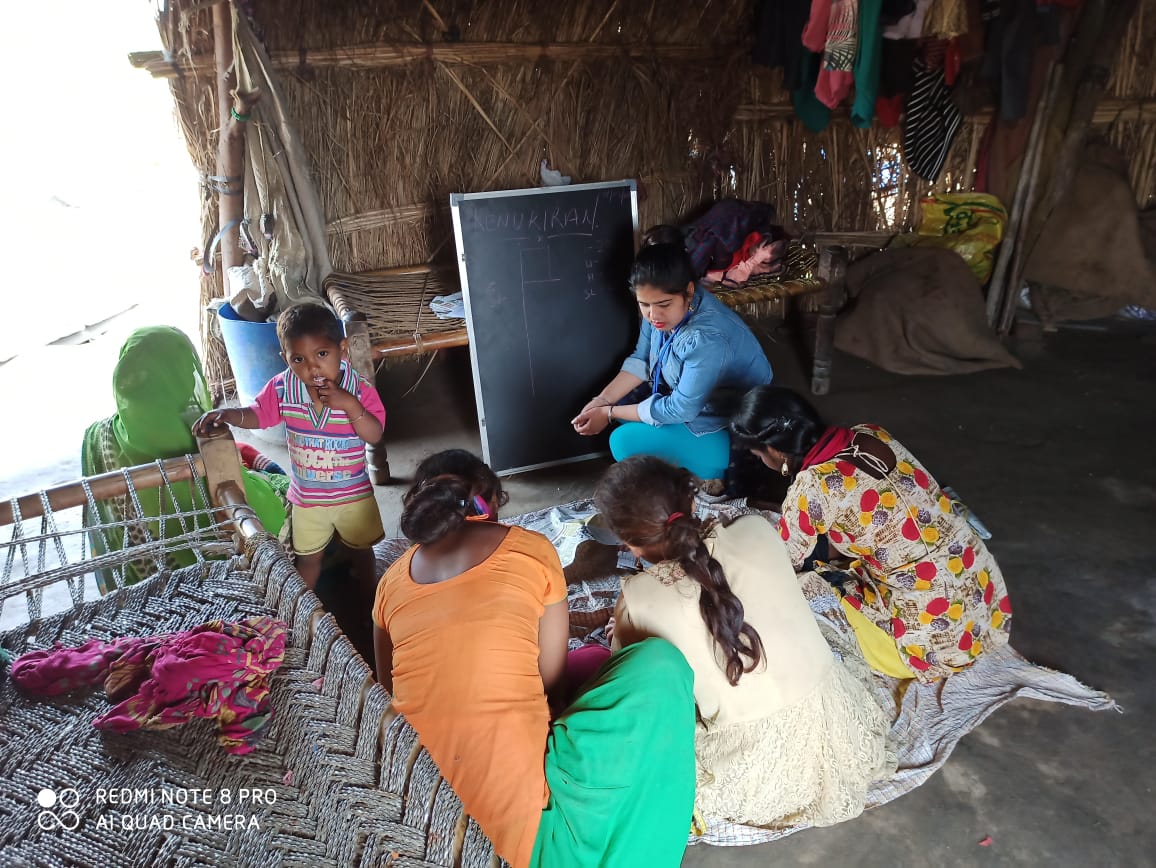
Empowering women through skill development and economic opportunities is a crucial step toward achieving gender equality and improving the overall socio-economic landscape. We at Renukiran promote and work through comprehensive Women Empowerment and Tailoring Skills Projects, aimed at equipping underprivileged women with tailoring skills, fostering their self-confidence, and providing them with avenues for sustainable livelihoods. By combining skill training, empowerment workshops, and market linkages, this project seeks to empower women and enhance their socio-economic status. Despite significant progress in various fields, many women, especially in marginalized communities, still face challenges related to economic independence and empowerment.
NUTRITIVE FOOD, HEALTH & HYGIENE
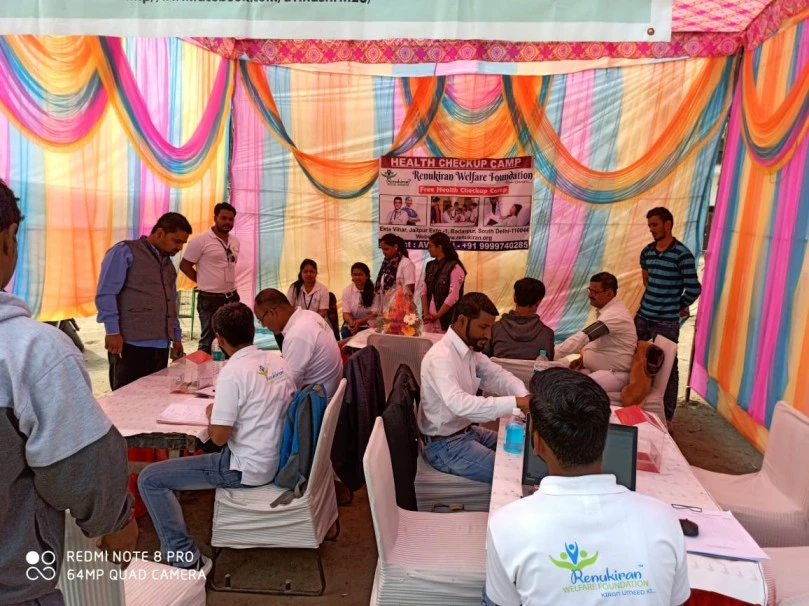
Childhood undernutrition is a pressing issue that affects millions of underprivileged and needy children in both urban and rural areas across national and international borders. Lack of access to nutritious food not only jeopardizes health but also hinders their cognitive development, educational outcomes, and prospects. It is a multifaceted problem that includes undernutrition, resulting in stunted growth and underweight children. Both urban and rural landscapes face distinct challenges related to child malnutrition. While urban children may suffer from a lack of access to affordable, nutritious food, rural areas often struggle with issues like food insecurity and limited healthcare facilities. We make significant contribution to alleviating food insecurity among underprivileged and needy children in both urban and rural areas. By providing access to nutritious food, coupled with education and sustainable practices, we aspire to break the cycle of malnutrition and empower these children to lead healthier and more prosperous lives. Our project in project's rationale lies in the recognition that adequate nutrition is a fundamental human right and a key determinant of a child's growth and development.
Further, we do deepen advocacy, awareness and needful implementation for access to clean water, proper sanitation, and good hygiene practices are fundamental human rights that are often denied to underprivileged communities in India. Our intervention is outlined through comprehensive WASH project approach aimed at improving the living conditions and health outcomes of underprivileged populations by addressing their water, sanitation, and hygiene needs.